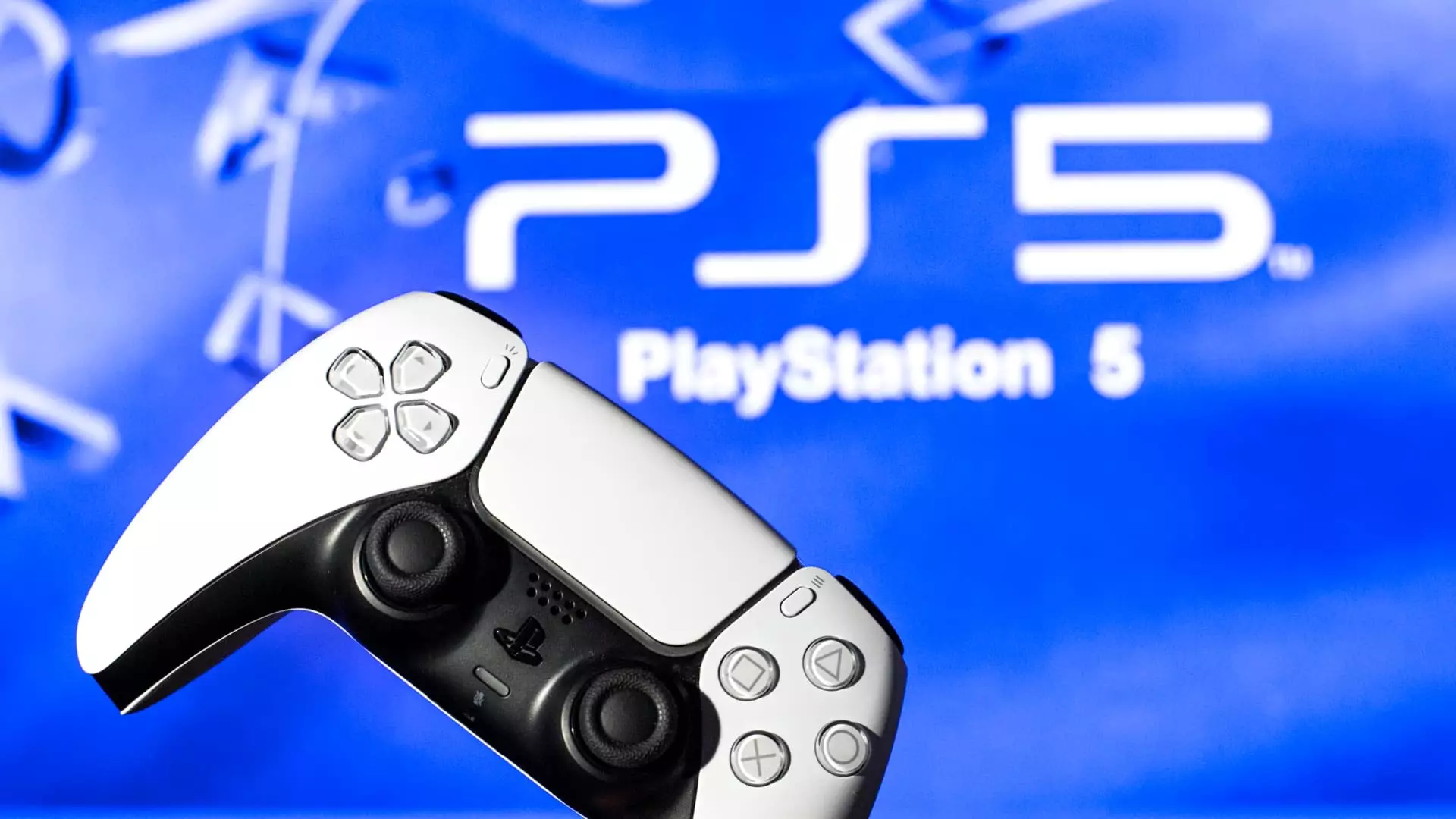Sony Corporation delivered robust financial results for the September quarter, reflecting a resilient performance in a frequently volatile gaming market. The company announced revenues of 2.97 trillion Japanese yen (or approximately $19.4 billion)—a figure that, although beneath analysts’ projections of 3.03 trillion yen, marked a 9% year-on-year increase. This divergence emphasizes a broader trend where, despite a generally positive sales environment, market expectations occasionally overshoot actual performance.
Operating profit surged significantly to 445.1 billion yen ($2.91 billion), exceeding expectations of 336.07 billion yen and showcasing a remarkable 73% increase when compared to the previous year. This profit guidance adjustment is particularly noteworthy given the prevailing headwinds facing the gaming industry, including production constraints and supply chain disruptions—a reality many companies face but that Sony appears to navigate more adeptly than most.
In light of these results, Sony has slightly revised its fiscal year 2025 revenue target upward to 12.7 trillion yen from an earlier estimate of 12.6 trillion yen. The anticipated operating profit remains aligned with previous forecasts at 1.3 trillion yen. These adjustments demonstrate Sony’s proactive approach in responding to market conditions while capitalizing on emerging opportunities within its game and network services division, which has shown remarkable growth.
Particularly in the realm of gaming, the division has recorded revenues of 1 trillion yen, an 11% increase year-over-year, affirming the significant demand for digital content and subscription services. This shift toward digital purchases resonates well with current consumer trends favoring online transactions and subscriptions over traditional retail, suggesting good strategic positioning on Sony’s part.
Despite this positive momentum, not all aspects of Sony’s gaming operations are flourishing. The company’s hardware shipments have struggled, primarily due to a slow console market, which is facing challenges related to a scarcity of major game releases. During this period, Sony sold 3.8 million PlayStation 5 units, which represents a 22% decrease from the previous year. Yet, this downturn is mitigated by a commendable 28% rise in game software sales, amounting to 612.3 million yen, underscoring the diversity of revenue streams available to the company.
Moving ahead, market analysts express optimism about the gaming sector’s prospects, particularly with strategic product launches on the horizon, including the upcoming next-generation Nintendo Switch and the much-anticipated Grand Theft Auto VI. Sony’s recent release of the PlayStation 5 Pro, equipped with enhanced graphical capabilities, aims to re-energize interest in its console offerings. This proactive launch ahead of major game releases may be crucial in sustaining consumer engagement and driving sales in a competitive landscape.
While Sony faces challenges within specific segments of its gaming hardware sales, it continues to demonstrate substantial resilience and adaptability in changing market dynamics. The upward revision of its annual sales expectations, combined with strategic initiatives in gaming and digital services, positions Sony well for future growth as the industry evolves. The launch of the PlayStation 5 Pro may just be the catalyst the company needs to reinvigorate its hardware sales and capture the excitement surrounding forthcoming major game titles. As the gaming landscape shifts, Sony’s ability to innovate and respond to consumer needs will be vital in maintaining its competitive edge.

